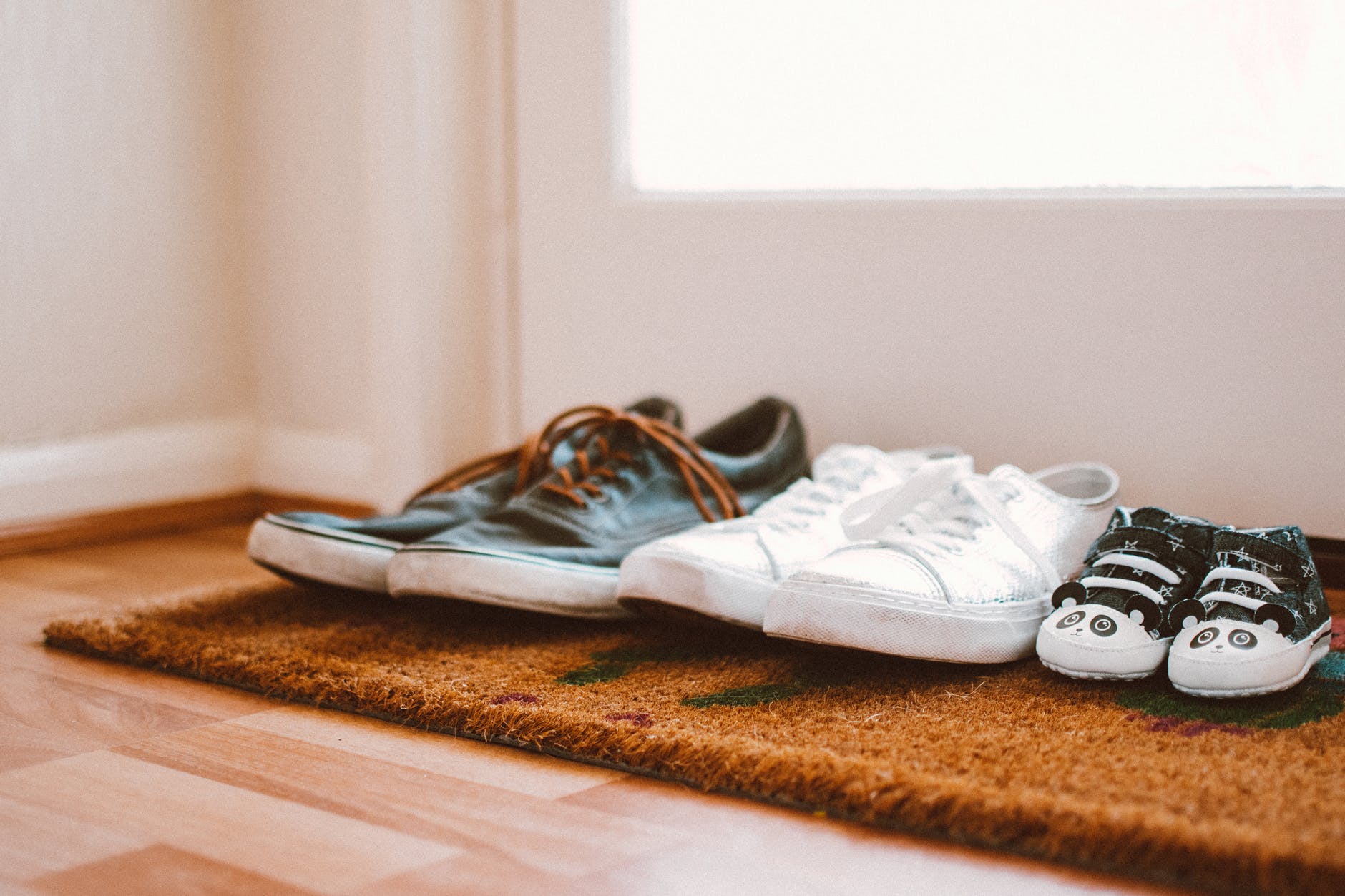1. Make or update your will
If you’re moving because you’ve bought a new home, you should take steps to protect your new asset and your belongings that you’re packing up – and it’s not just the financial value you need to protect. Many of your most cherished memories will take place at your home and your home’s sentimental value will grow exponentially. Making a will allow you to choose a beneficiary/beneficiaries to receive the financial and sentimental value of your home and the contents in it. If you don’t have one, what you own may not be passed on the way you want it to be. We know that when you signed the papers to your new home you probably didn’t expect to also sign a will, but life is unpredictable and having a plan in place outlining how you would like your belongings to be passed on is so important. Without one, your surviving family members will be faced with difficult guesswork and arguments may arise between family members with different ideas about what you would have wanted.
A large number of Canadians also have an outdated will due to a change in their life like marriage, divorce, or the birth of a child. So moving means it’s a good time to review an existing will to see if anything has changed – for example, if you got a divorce and want to avoid your home ending up with your ex-spouse because you never got around to updating your will.
2. Appoint a Power of Attorney for Property
We all know that we need to pay our mortgage, pay our cable and hydro bills, and put the garbage out – all the fun things that come with having your own place. What many of us might not know is who would take care of these responsibilities if we were unable to due to an illness or injury. This is why a Power of Attorney for Property is key – in the event that you become incapacitated, if you’ve appointed someone you trust as your Attorney, they will be able to gain access to your home, pay your bills, and make decisions about your home and your finances. If you don’t appoint someone and something happens to you, a family member or friend would have to apply to the court to take on this role, which can be a lengthy process and may cause you to miss paying your rent/mortgage or utility bills.
3. Compile all the information related to your home and store it where your attorney and executor can access
A will and POA documents are just two parts of the puzzle when it comes to wrapping up someone’s life – while a will outlines how your assets should be divided, it lacks key information your executor (the person who will be making sure your final wishes in your will are followed) or your Attorney would need to do their job properly. When you create your will, you should also create a “When I Die” file folder with helpful information (either hard copy or a Google Drive folder) to share with your executor – after all, fulfilling this role during a highly emotional time isn’t easy. This could include:
- Your mortgage provider and contact info for your mortgage broker (if applicable)
- Which bank account your mortgage/rent payments come out of, and the payment frequency and deadlines.
- Who you have home/condo insurance with
- A list of service providers related to your home (cable, internet, gas, hydro, water, property tax) and the account numbers so your executor can close down those accounts
- Any other relevant information related to the upkeep of your home .
An important reminder that you can store this information digitally, but it’s required by law that a hard copy of your will is printed and signed (and we suggest you let your executor know exactly where it’s stored).




